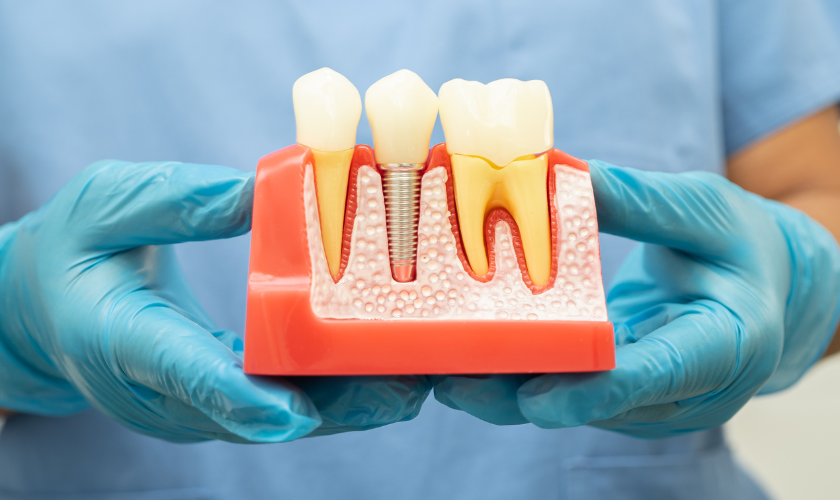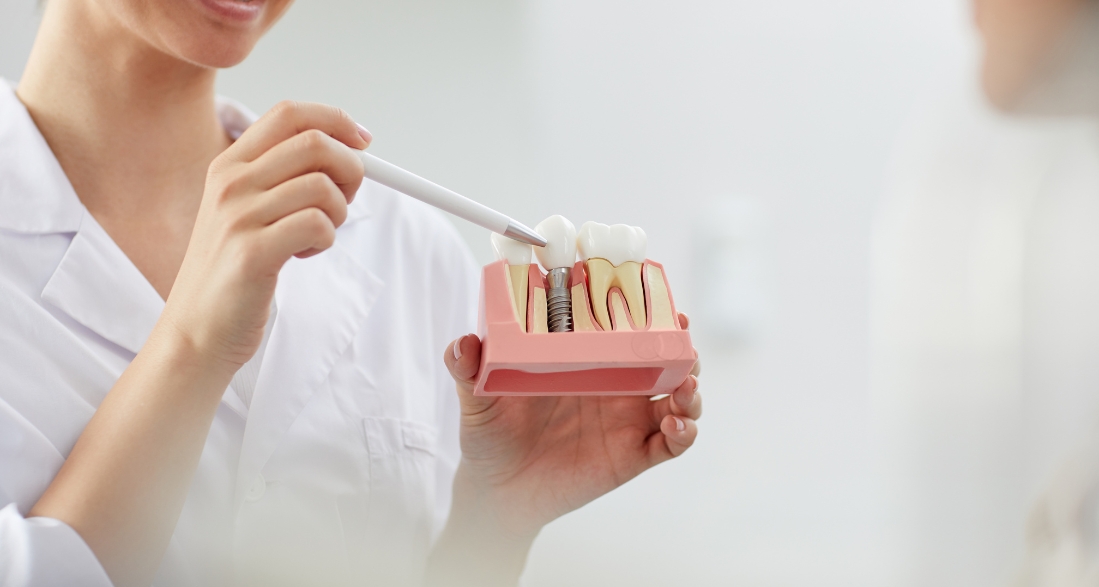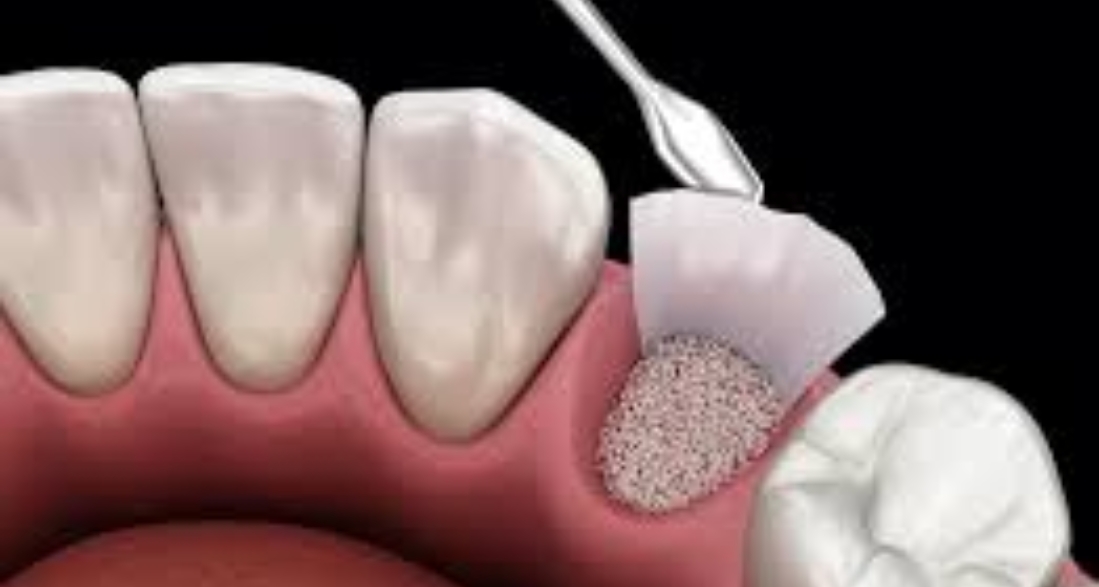Call: 313-295-3300
Understanding Dental Implants: Your Complete Guide to Tooth Replacement


By Telegraph Family Dentistry of Taylor
Are you considering dental implants to restore your smile’s beauty and functionality? If so, you’re not alone. This innovative solution has become a popular choice for replacing missing teeth due to their durability and natural appearance. In this guide, we’ll delve into everything you need to know about this transformative procedure, from the initial steps to the benefits and aftercare.
Understanding Dental Implants
Dental implants consist of titanium artificial tooth roots, surgically implanted into the jawbone. They provide a sturdy foundation for replacement teeth, such as crowns or dentures, to be mounted onto. Unlike traditional dentures or bridges, these implants fuse with the jawbone, making them a permanent and secure solution for tooth loss.
Anatomy of a Dental Implant: Dental implants consist of three main parts – the implant, abutment, and crown. The implant is the titanium screw that is placed into the jawbone, the abutment connects the implant to the replacement tooth, and the crown is the visible part of the tooth.
Types of Dental Implants: There are various types of dental implants available, including endosteal implants, which are placed directly into the jawbone, and subperiosteal implants, placed on top of the jawbone but under the gum tissue.
The Dental Implant Procedure
The procedure is typically performed in multiple stages and requires the expertise of a skilled dentist or oral surgeon. Here’s a breakdown of the process:
Initial Consultation: During your initial consultation, your dentist will assess your oral health and determine if you’re a suitable candidate for dental implants. X-rays and impressions may be taken to create a personalized treatment plan.
Implant Placement: The first stage of the procedure involves surgically placing the implant into the jawbone. This is done under local anesthesia to minimize discomfort. Once the implant is in place, the gum is stitched closed, and a temporary restoration may be placed.
Osseointegration: Over the next few months, the implant will fuse with the surrounding jawbone in a process called osseointegration. This creates a sturdy foundation for the replacement tooth.
Abutment Placement: Once osseointegration is complete, a little connector known as an abutment is affixed to the implant. This serves as the support structure for the replacement tooth.
Crown Placement: Finally, a custom-made crown is placed onto the abutment, completing the implant restoration. The crown is designed to blend seamlessly with your natural teeth, giving you a beautiful and functional smile.
Benefits of Dental Implants
Dental implants offer numerous benefits compared to traditional tooth replacement options:
Improved Appearance: The implants look and feel like natural teeth, restoring your smile’s aesthetics and boosting your confidence.
Enhanced Comfort: Unlike removable dentures, they are permanently fixed in place, eliminating the discomfort and inconvenience of loose or ill-fitting prosthetics.
Increased Durability: With proper care, the implants can last a lifetime, making a long-term solution for tooth loss.
Preservation of Jawbone: These implants help stimulate the jawbone, preventing bone loss and maintaining facial structure.
Improved Speech and Eating: They function like natural teeth, allowing you to speak and eat comfortably without worrying about slippage or discomfort.
Dental Implant Aftercare
Ensuring proper aftercare is crucial for the success and long-term durability of your dental implants. Here are some tips to keep your implants healthy:
Maintain Good Oral Hygiene: Brush and floss your teeth regularly to prevent plaque buildup and gum disease, which can compromise the stability of your dental implants.
Attend Regular Dental Checkups: Visit your dentist for routine checkups and cleanings to monitor the health of your implants and address any issues early on.
Avoid Hard Foods: Be mindful of what you eat and avoid chewing on hard or sticky foods that could damage your implants.
Quit Smoking: Smoking can inhibit the healing process and increase the risk of implant failure. If you smoke, consider quitting to improve the longevity of your dental implants.
Are Dental Implants Right for You?
While dental implants offer numerous benefits, they may not be suitable for everyone. Factors such as overall health, oral hygiene, and bone density will influence the success of the procedure. It’s crucial to seek advice from a qualified dentist or oral surgeon to determine whether implants are the right option for you.
Dental implants are a revolutionary solution for restoring missing teeth and reclaiming your smile’s beauty and functionality. With proper care and maintenance, this procedure can provide a lifetime of benefits. If you’re considering dental implants, schedule a consultation with a Taylor dentist to explore your options and embark on your journey to a healthier, happier smile.





